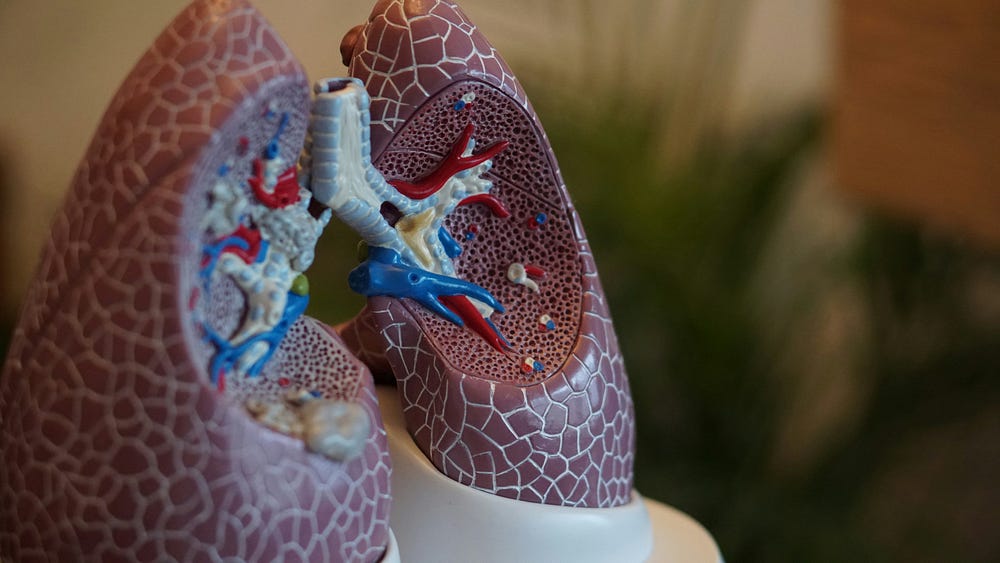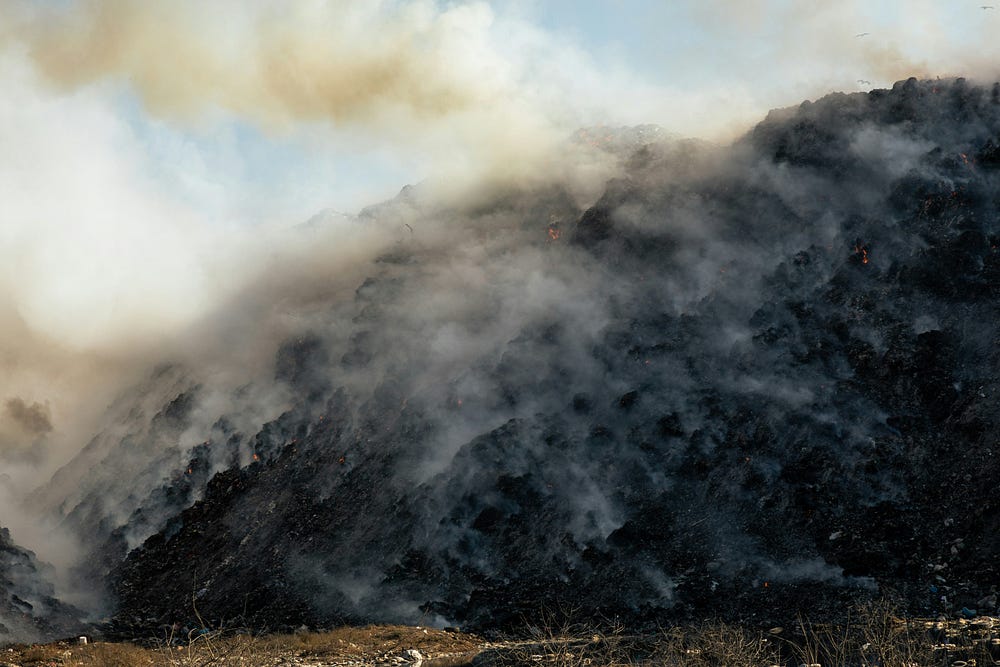Addressing COPD: The Impact of Pradhan Mantri Ujjwala Yojana on Rural Women’s Health in Jammu and Kashmir
Dr. Arshid Bhat
Chronic Obstructive Pulmonary Disease (COPD) is a pressing health concern globally, especially in rural areas where traditional cooking methods using biomass fuels contribute to indoor air pollution. The Pradhan Mantri Ujjwala Yojna, launched in 2016, aimed to address this issue by providing clean cooking fuel access to rural households, particularly targeting women. This detailed analysis delves into the impact of the Ujjwala Yojana on COPD prevalence among rural women in Jammu and Kashmir, examining its benefits, challenges, and prospects.

COPD encompasses a group of progressive lung diseases, including chronic bronchitis and emphysema, characterized by airflow limitation and respiratory symptoms. Biomass fuel combustion for cooking releases harmful pollutants like particulate matter, carbon monoxide, and volatile organic compounds, contributing significantly to indoor air pollution. Prolonged exposure to these pollutants increases the risk of developing COPD, leading to debilitating symptoms and reduced quality of life.
Dr. Suresh Kumar, a pulmonologist specializing in rural health, emphasizes, “COPD is a pressing public health issue in rural areas, often overshadowed by other diseases. The link between biomass fuel use and COPD prevalence highlights the urgent need for interventions like the Pradhan Mantri Ujjwala Yojna.”

Since its inception, the Pradhan Mantri Ujjwala Yojna has demonstrated a positive impact on reducing COPD cases among rural women in Jammu and Kashmir. By providing access to clean cooking fuels such as Liquefied Petroleum Gas (LPG), the Yojna has effectively mitigated the harmful effects of indoor air pollution on respiratory health.
Dr Anita Sharma, a public health expert specializing in environmental health, states, “The transition from biomass fuels to LPG under the Ujjwala Yojana has resulted in significant improvements in respiratory health outcomes among rural women. The reduced COPD prevalence is a testament to the effectiveness of clean cooking fuel interventions.”

Beyond the direct health benefits, the Pradhan Mantri Ujjwala Yojna has empowered rural women in multiple ways. By eliminating the need for collecting firewood and reducing exposure to hazardous pollutants, women have gained time and energy to engage in productive activities, contributing to household income and overall well-being.
Mrs Nisha Devi, a beneficiary of the Ujjwala Yojna from a remote village in Jammu, shares her experience, “Switching to LPG has not only improved my health but also allowed me to pursue additional income-generating activities like stitching and embroidery. It has brought positive changes to my family’s life.”

Despite the Ujjwala Yojna’s success, certain challenges persist in ensuring its sustained impact on COPD prevention. Limited awareness about the benefits of clean cooking fuels, affordability of LPG refills, and infrastructure constraints in remote areas pose challenges to universal adoption and usage.
Dr Sameer Kumar, a rural health practitioner, highlights, “While the Ujjwala Yojna has been effective in reducing COPD cases, ongoing efforts are needed to address barriers such as refill costs, promote behaviour change regarding fuel usage, and strengthen community support mechanisms.”
Looking ahead, it is crucial to prioritize continuous education and awareness campaigns on the importance of clean cooking fuels and respiratory health. Targeted interventions, such as subsidies for LPG refills for vulnerable households and innovative distribution models, can further enhance Ujjwala Yojna’s impact on COPD prevention and rural women’s health.
Dr Maya Rao, an environmental scientist advocating for clean air initiatives, emphasizes, “Investing in sustainable solutions and leveraging technological advancements can amplify the benefits of interventions like the Ujjwala Yojna, ensuring equitable access to clean cooking fuels for all.”

The Pradhan Mantri Ujjwala Yojana has emerged as a transformative intervention in addressing COPD and improving respiratory health among rural women in Jammu and Kashmir. By combining access to clean cooking fuels with empowerment initiatives, the Yojna has not only saved lives but also catalyzed socio-economic progress in rural communities. As we move forward, sustained efforts, collaboration among stakeholders, and innovative approaches will be key to achieving lasting impact and ensuring respiratory health for all.
Let’s work together towards better respiratory health and well-being for all!
Note: The views, facts, and opinions are the author's own and do not represent the stance of "The Viral Post."
The author can be contacted at arshidjalalbhat@gmail.com







